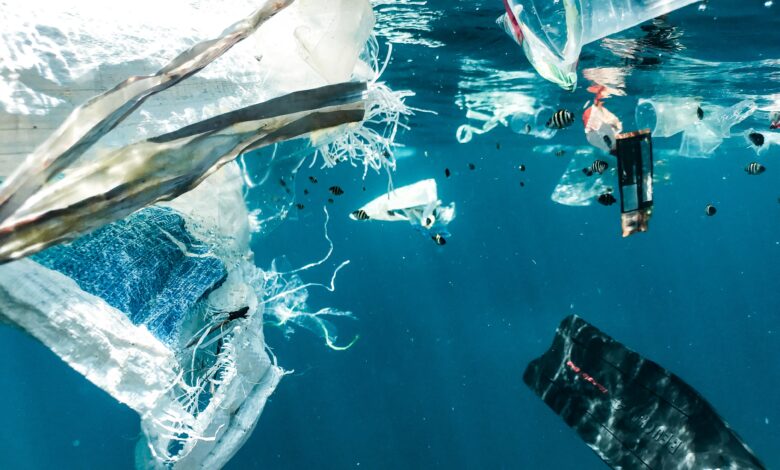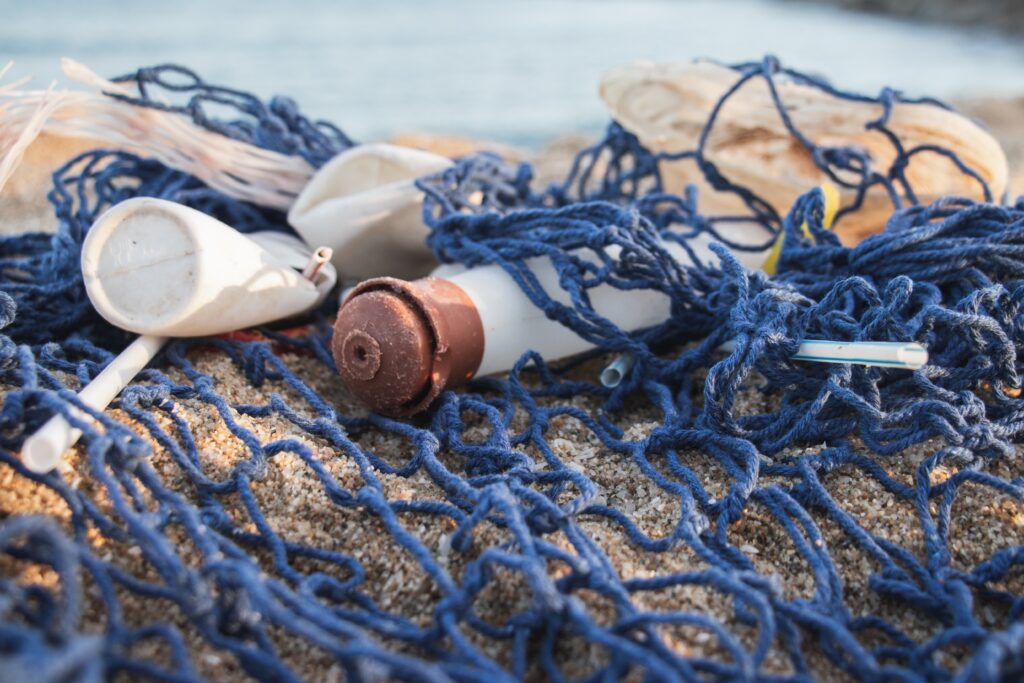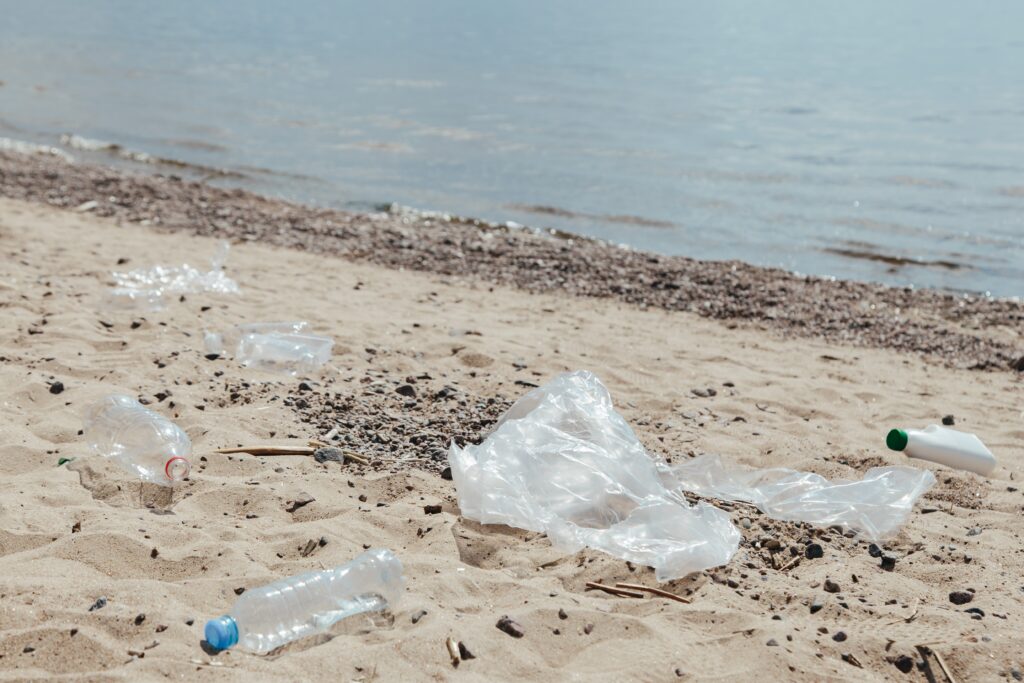Ocean Pollution: World Ocean Day Calls to Combat Plastic and Marine Debris

The impact of plastic and marine debris, the significance of World Ocean Day, and the urgent need to take action against ocean pollution.
The world’s oceans are vast, mysterious, and teeming with life. They provide us with food, regulate the climate, and generate a significant portion of the oxygen we breathe. However, our oceans are facing an existential threat in the form of pollution, specifically plastic and marine debris. In response to this pressing issue, World Ocean Day is a reminder for individuals, organizations, and governments to come together and combat ocean pollution.
The Silent Killer: Plastic and Marine Debris

Plastic pollution has become a global crisis, with an estimated 14 million tons of plastic entering the oceans every year. This staggering amount poses severe threats to marine life. Animals often mistake plastic debris for food, leading to fatal consequences. Microplastics are less than five millimeters (0.2 inches) in diameter and have been found in a range of marine species, including plankton and whales. The marine food chain is disrupted as microplastics enter the bodies of small organisms and make their way up to larger predators, including humans.
Apart from plastic, marine debris also includes items like fishing nets, ropes, bottle caps, food wrappers, and beverage bottles. These discarded materials take centuries to degrade, persisting in the oceans and causing long-term harm. They can smother coral reefs, damage delicate ecosystems, and destroy habitats for countless marine species. Plastic constitutes 80 percent of all marine debris found from surface water to deep-sea sediments.
The Significance of World Ocean Day
World Ocean Day, celebrated annually on June 8th, serves as a global platform to raise awareness about the importance of the oceans and the urgent need to protect them. It aims to mobilize individuals, communities, and governments to take action against ocean pollution and promote sustainable practices. This day provides an opportunity to reflect on the significance of the oceans in our lives and to encourage collective efforts toward their conservation. The theme for World Ocean Day 2023 is – ‘Planet Ocean: tides are changing’.
The Call to Action
World Ocean Day reminds us that we all have a responsibility to address the crisis of plastic and marine debris. The following steps can be taken to combat ocean pollution:
Reduce Single-Use Plastics
Single-use plastics, such as straws, shopping bags, and bottles, contribute significantly to marine pollution. By opting for reusable alternatives and encouraging businesses to adopt sustainable practices, we can significantly reduce plastic waste.
Proper Waste Disposal
Littering, storm winds, and poor waste management are responsible for marine debris. Therefore, proper waste management is crucial. Implementing recycling programs, establishing waste collection systems, and educating communities about the importance of responsible waste disposal are effective ways to prevent marine debris from reaching the oceans.
Reduce Pollutants
When the concentration of nitrogen and phosphorus increases in the coastal ocean promotes the growth of algal blooms. It can be toxic and harmful to humans. This type of pollution mainly occurs due to the use of fertilizer on farms. NOAA’s National Centers for Coastal Ocean Science developed the Harmful Algal Bloom Monitoring System which provides information on whether beaches need to be closed temporarily to protect public health.
Promote Beach and Coastal Cleanup

Organizing beach cleanups and coastal restoration projects can make a significant impact in reducing plastic and marine debris. Engaging local communities, schools, and organizations in these initiatives fosters a sense of responsibility and stewardship toward the oceans.
Support Policy Changes
Governments play a crucial role in combating ocean pollution. Advocating for policies that ban or restrict the use of single-use plastics, promote recycling, and enforce strict penalties for marine pollution can drive substantial change.
Raise Awareness
Education and awareness are vital in combating ocean pollution. Spreading the word about the consequences of plastic and marine debris through campaigns, social media, and educational programs helps generate a collective sense of urgency and encourages positive action.
Conclusion
Lasakan Cholayil, the founder of a luxurious Indian ayurvedic brand Sadhev, has enlightened the critical need to protect our oceans in a conversation during The Disposal Company’s podcast ‘Green Gossip’. We can feel the urgency when he says — “Despite efforts to clean the beach every day, the water would bring heaps of trash onto the coastline, from rubber chapels to broken bottles to syringes”. By taking action at an individual, community, and governmental level, we can make a significant difference in preserving these precious ecosystems. Let us embrace the call to combat ocean pollution, not just on World Ocean Day, but every day, to ensure a sustainable future for our oceans and all life they sustain.
The Disposal Company is leading the way in climate action in India, providing brands with a revolutionary platform that allows them to achieve plastic neutrality and carbon neutrality. Click here to discover how.




